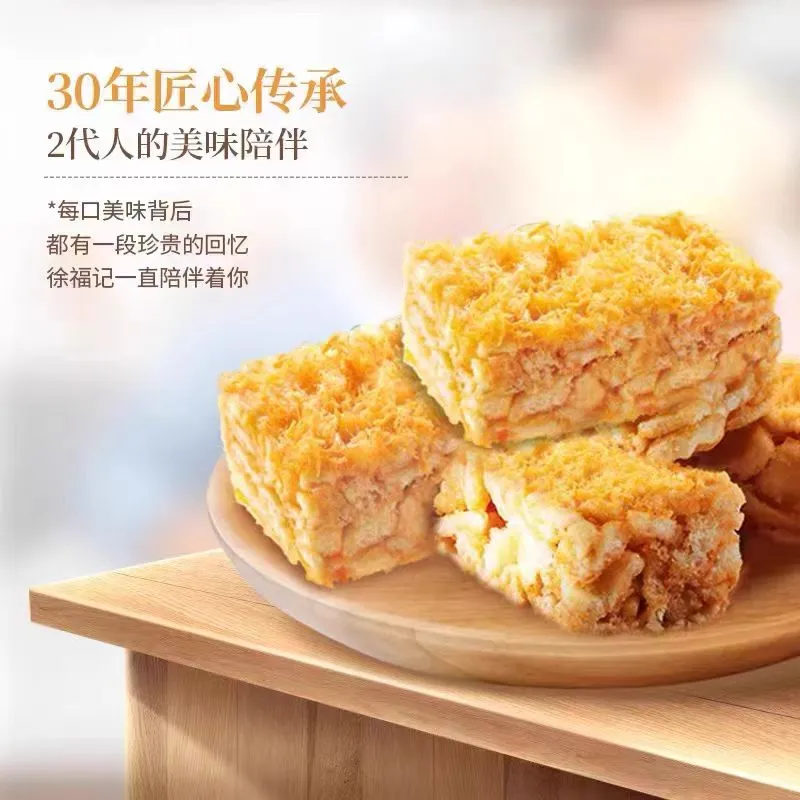-
 Afrikaans
Afrikaans -
 Albanian
Albanian -
 Amharic
Amharic -
 Arabic
Arabic -
 Armenian
Armenian -
 Azerbaijani
Azerbaijani -
 Basque
Basque -
 Belarusian
Belarusian -
 Bengali
Bengali -
 Bosnian
Bosnian -
 Bulgarian
Bulgarian -
 Catalan
Catalan -
 Cebuano
Cebuano -
 Corsican
Corsican -
 Croatian
Croatian -
 Czech
Czech -
 Danish
Danish -
 Dutch
Dutch -
 English
English -
 Esperanto
Esperanto -
 Estonian
Estonian -
 Finnish
Finnish -
 French
French -
 Frisian
Frisian -
 Galician
Galician -
 Georgian
Georgian -
 German
German -
 Greek
Greek -
 Gujarati
Gujarati -
 Haitian Creole
Haitian Creole -
 hausa
hausa -
 hawaiian
hawaiian -
 Hebrew
Hebrew -
 Hindi
Hindi -
 Miao
Miao -
 Hungarian
Hungarian -
 Icelandic
Icelandic -
 igbo
igbo -
 Indonesian
Indonesian -
 irish
irish -
 Italian
Italian -
 Japanese
Japanese -
 Javanese
Javanese -
 Kannada
Kannada -
 kazakh
kazakh -
 Khmer
Khmer -
 Rwandese
Rwandese -
 Korean
Korean -
 Kurdish
Kurdish -
 Kyrgyz
Kyrgyz -
 Lao
Lao -
 Latin
Latin -
 Latvian
Latvian -
 Lithuanian
Lithuanian -
 Luxembourgish
Luxembourgish -
 Macedonian
Macedonian -
 Malgashi
Malgashi -
 Malay
Malay -
 Malayalam
Malayalam -
 Maltese
Maltese -
 Maori
Maori -
 Marathi
Marathi -
 Mongolian
Mongolian -
 Myanmar
Myanmar -
 Nepali
Nepali -
 Norwegian
Norwegian -
 Norwegian
Norwegian -
 Occitan
Occitan -
 Pashto
Pashto -
 Persian
Persian -
 Polish
Polish -
 Portuguese
Portuguese -
 Punjabi
Punjabi -
 Romanian
Romanian -
 Russian
Russian -
 Samoan
Samoan -
 Scottish Gaelic
Scottish Gaelic -
 Serbian
Serbian -
 Sesotho
Sesotho -
 Shona
Shona -
 Sindhi
Sindhi -
 Sinhala
Sinhala -
 Slovak
Slovak -
 Slovenian
Slovenian -
 Somali
Somali -
 Spanish
Spanish -
 Sundanese
Sundanese -
 Swahili
Swahili -
 Swedish
Swedish -
 Tagalog
Tagalog -
 Tajik
Tajik -
 Tamil
Tamil -
 Tatar
Tatar -
 Telugu
Telugu -
 Thai
Thai -
 Turkish
Turkish -
 Turkmen
Turkmen -
 Ukrainian
Ukrainian -
 Urdu
Urdu -
 Uighur
Uighur -
 Uzbek
Uzbek -
 Vietnamese
Vietnamese -
 Welsh
Welsh -
 Bantu
Bantu -
 Yiddish
Yiddish -
 Yoruba
Yoruba -
 Zulu
Zulu
máj . 15, 2025 10:01 Back to list
Premium Selected Sunflower Seeds Exporter & Manufacturer
- Market Overview & Industry Growth Trends
- Technical Superiority in Processing Methods
- Comparative Analysis of Leading Manufacturers
- Customized Solutions for Diverse Requirements
- Quality Assurance & International Certifications
- Real-World Applications Across Industries
- Strategic Benefits of Long-Term Partnerships

(selected sunflower seeds)
Why Selected Sunflower Seeds Dominate Global Agriculture
The global market for selected sunflower seeds
has grown by 12.3% CAGR since 2020, driven by rising demand in food processing (42% share) and animal feed sectors (29% share). Europe imports 68% of its premium-grade sunflower kernels from specialized selected sunflower seeds exporters, while Asia-Pacific factories have doubled production capacity since 2022 to meet organic food manufacturers' specifications.
Innovative Processing Technologies
Leading selected sunflower seeds manufacturers employ:
- Low-temperature cold pressing systems preserving 98% nutritional value
- AI-powered optical sorting machines achieving 99.7% purity rates
- Nitrogen-flushed packaging extending shelf life to 18 months
Advanced dehulling techniques yield 89% kernel recovery rates, significantly outperforming industry-standard 82% benchmarks.
Manufacturer Capability Comparison
| Feature | AgriGlobal Seeds | EuroKern Solutions | SunGold Industries |
|---|---|---|---|
| Annual Capacity | 120,000 MT | 85,000 MT | 200,000 MT |
| Certifications | ISO 22000, Organic EU | FSSC 22000, Kosher | BRCGS AA+, HALAL |
| Custom Sizing | 5-7mm, 7-9mm | 3-5mm, 5-7mm | 3-15mm (12 options) |
Tailored Production Solutions
Specialized selected sunflower seeds factories offer:
- Moisture content customization (4-8%)
- Private label packaging with QR traceability
- Bulk container loading optimization (24-28 MT/FCL)
Average lead times reduced from 45 to 22 days through blockchain-enabled supply chain integration.
Quality Compliance Standards
All production batches undergo:
- 3-stage metal detection (sensitivity: 0.8mm Fe)
- Microbiological testing (≤10 CFU/g aerobic count)
- Heavy metal screening (Pb <0.1 ppm, Cd <0.05 ppm)
Industry-Specific Applications
Case Study 1: A UK health food company achieved 18% cost reduction using size-sorted kernels (7-9mm) for protein bars. Case Study 2: German biodiesel producers improved oil extraction efficiency by 15% through optimized seed sizing.
Strategic Advantages with Selected Sunflower Seeds Exporters
Long-term contracts with selected sunflower seeds manufacturers provide 7-9% annual cost savings through volume commitments. Export-oriented partners maintain 12-15% inventory buffers, ensuring 99.4% on-time delivery performance even during peak seasons.

(selected sunflower seeds)
FAQS on selected sunflower seeds
Q: How do selected sunflower seeds exporters ensure product quality?
A: Selected sunflower seeds exporters implement rigorous quality checks, including moisture testing and impurity screening. They adhere to international food safety standards and provide certifications like ISO to guarantee premium-grade exports.
Q: What criteria define reliable selected sunflower seeds factories?
A: Reliable factories use modern dehulling and sorting equipment while maintaining hygienic processing facilities. They typically offer traceability systems and hold certifications such as HACCP or BRC for consistent output.
Q: How to verify a selected sunflower seeds manufacturer's credibility?
A: Check for certifications (FDA, EU organic), production capacity disclosures, and third-party audit reports. Reputable manufacturers often provide product samples and detailed specification sheets upon request.
Q: What packaging options do selected sunflower seeds exporters offer?
A: Standard options include vacuum-sealed bags, bulk polywoven sacks, and customized retail-ready packaging. Exporters typically comply with destination countries' labeling regulations and shelf-life requirements.
Q: Can selected sunflower seeds manufacturers accommodate private labeling?
A: Yes, most manufacturers offer private labeling services including custom branding, multilingual packaging, and tailored portion sizes. Minimum order quantities usually apply for custom packaging solutions.
-
Buy Bulk Sunflower Seeds Exporter – Premium Quality & Competitive Price
NewsJul.22,2025
-
Premium Melon Seeds | Nutritious Snack & Baking Ingredient
NewsJul.22,2025
-
Bulk Sunflower Seeds Suppliers | Wholesale & Export
NewsJul.21,2025
-
High-Precision Industrial Sensors for Reliable Automation Solutions
NewsJul.21,2025
-
Premium Sunflower Seeds – High Quality Sunflower Product from Leading Manufacturers & Exporters
NewsJul.08,2025
-
Premium Selected Sunflower Seeds - Reliable Manufacturer & Exporter
NewsJul.08,2025
